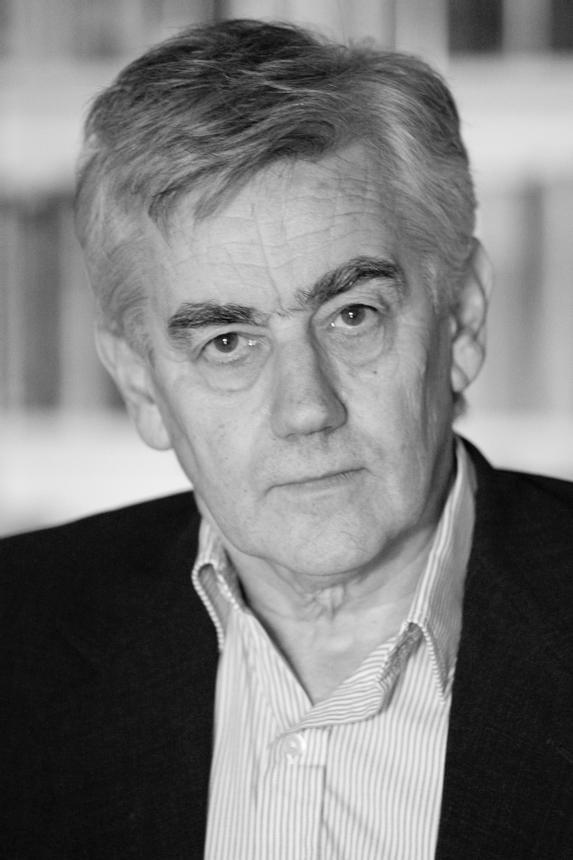He.
Murray Bail
An elusive, elliptical, often beautiful thread of recollections and observations, He. is not autobiography, or even memoir, but an almost anonymous portrait of a figure passing through time and circumstances.
It begins with boyhood, in suburban Adelaide after the war. As the narrator remembers the years the focus shifts forward to the recent past and back again, often within the same paragraph, mirroring the randomness of memory. Through these vignettes and fragments we glimpse moments and lives—of parents, teachers, wives, and others; in Bombay of the 1960s, London of the 1970s, Melbourne and Sydney.
He. is by Murray Bail, the acclaimed author of such classic novels as Homesickness and Eucalyptus.
INTERVIEWS and REVIEWS
Age
Australian ($)
Australian ($)
Australian Book Review
Canberra Times
Guardian
Overland
Saturday Paper
andHe.
‘One of the most remarkable of the generation of Australian fiction writers that includes Peter Carey and came to first maturity 25 or so years ago.’
‘Few writers anywhere in the world can match [Bail] for stylistic daring.’
‘One of Australia’s most original and imaginative writers.’
‘As a storyteller, Bail cannot put a foot wrong.’
‘Bail writes like an angel.‘
‘Murray Bail ranks as one of three indisputably world-class Australian novelists now practicing.’
‘He. is a record of observing…Observation, rather than interaction, is His approach to the world…The images and memories break out in a disorderly jostle. But they are the memories He keeps…There is so much that is pleasurable in He.—the aperçus, the aphorisms, the vignettes of time and place.’
‘There are certain books, the publication of which it would be an understatement to call anything less than an event. He. is one…Bail’s writing remains nimble in a way that cannot help but inspire envy…He., for all its concision, need say nothing more. It is full of uncanny energy, gracefully panoramic. Like life, it may be short; yet, of all the books I have read this year, it’s perhaps the most wondrous, the most inordinately beautiful.’
‘Murray Bail has for decades been one of the most significant writers in Australia…[He.] is a meticulous collage of tiny crystalline worlds that were vanishing even as they were perceived…Behind everything in this very strange, intimately familiar book, there is what Shakespeare called “a woman’s longing” for experience and it is executed with an immense gravity and tender care…It is a frail wonder of a book with the potency of a dream.’
‘[Bail entangles] the relative coherence of his early memories with more fragmentary snapshots of adult life. The effect is startling, a Cezanne-like combination of expressive delicacy and absence…The suave and lugubrious line of his prose in these pages, its intensely visual character, cuts all the way to sinew…The result is a memoir that fails as autobiography but succeeds—miraculously, stainlessly—as literature.’
‘Murray Bail’s He. seems to enclose most of a life and much of the world…[It] slips seamlessly across time and place…One must soften one’s heart to read it, letting it break open, at the same time as laughing or being aghast…Bail’s books will live on, as did his beloved Stendhal’s.’
‘[A] beautifully crafted assembly of fragments.’
‘He. is short, but highly condensed…Memories—the very personal, the public, the poetic, or the textural—are captured in one or two paragraphs, sometimes one or two pages, sometimes one or two brief lines…He. moves with a looping stride, focusing on overlapping groups of time—early childhood, teenage years, life overseas…The most poignant of Bail’s recollections are of his early life, and of his mother and father…Reflections on the gradual transformation of society, particularly in terms of language and fashion, inject lightness…In He., Bail is able to take the ultra-personal and make it resonate with the general.’
‘Couched in curiosity, astringency and a surprised tenderness…Melancholy but with muscle.’












